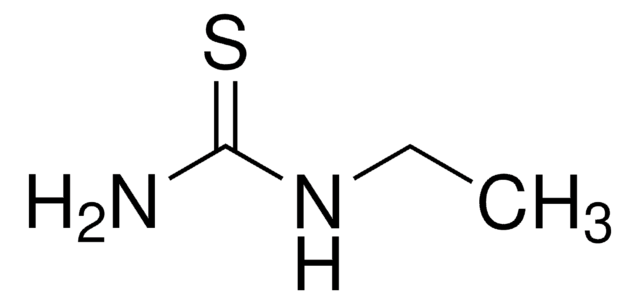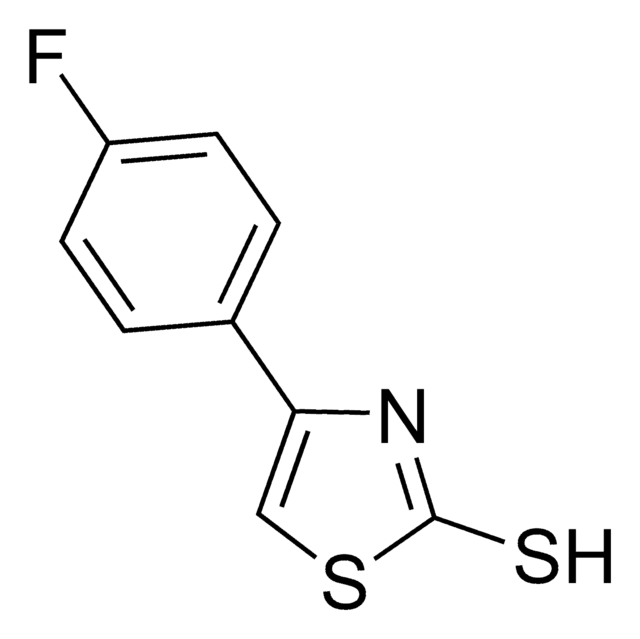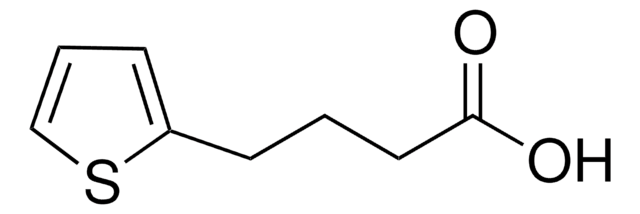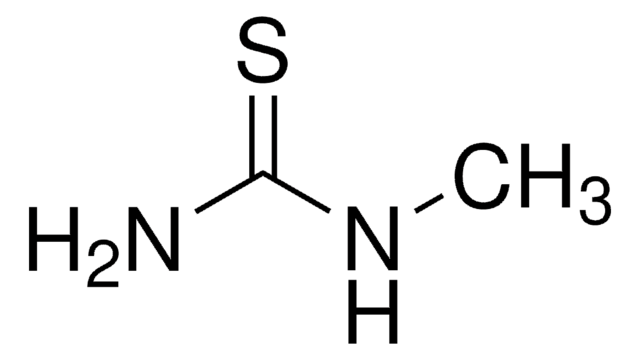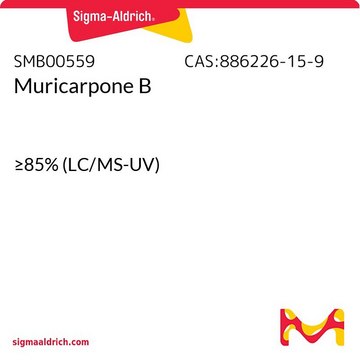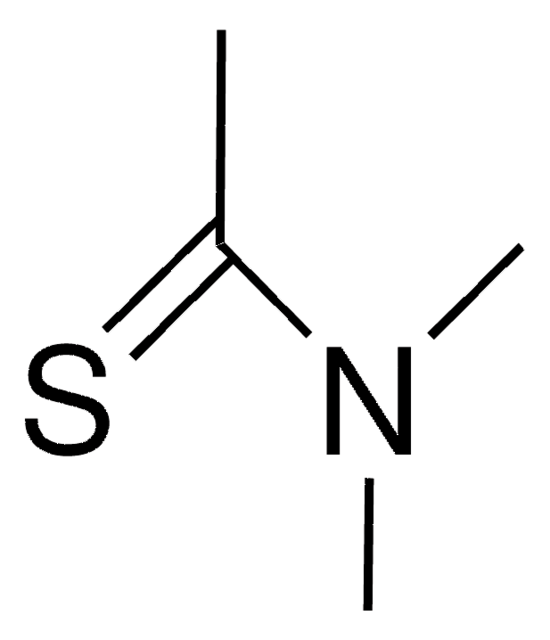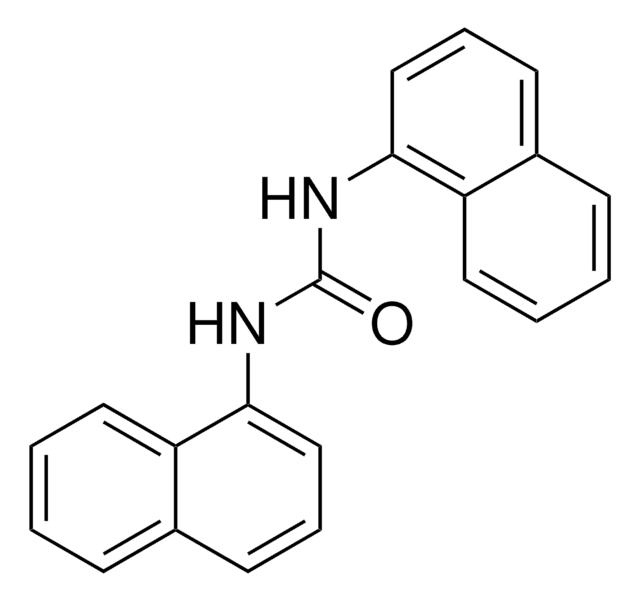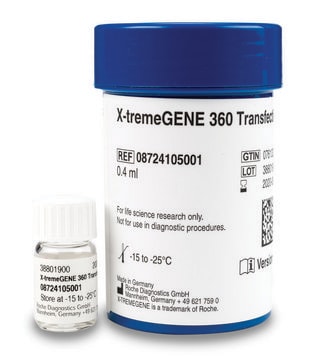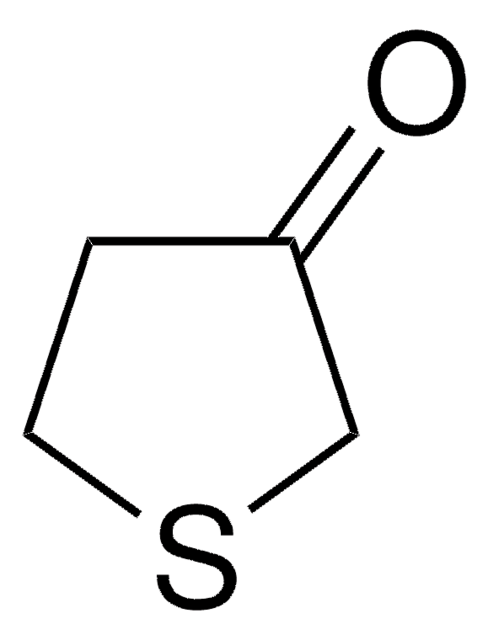MAB2115
Anti-Cell Surface Antigen of Human Nucleated Erythroid Cells Antibody, clone HAE9
clone HAE9, Chemicon®, from mouse
Sign Into View Organizational & Contract Pricing
All Photos(1)
About This Item
UNSPSC Code:
12352203
eCl@ss:
32160702
NACRES:
NA.41
Recommended Products
biological source
mouse
Quality Level
antibody form
purified immunoglobulin
antibody product type
primary antibodies
clone
HAE9, monoclonal
species reactivity
human
should not react with
rat, mouse
manufacturer/tradename
Chemicon®
technique(s)
flow cytometry: suitable
immunoprecipitation (IP): suitable
isotype
IgMκ
shipped in
wet ice
target post-translational modification
unmodified
Specificity
MAB2115 recognizes a 70 kDa surface protein in about 100% nucleated erythroid cells (erythroblasts, normoblasts, proerythroblasts), 36% of late erythroid committed cells and 70-80% of fetal liver cells. Normal stem cells, early erythroid committed cells and hematopoetic non-erythroid cells do not react with MAB2115. The 70 kDa protein may be associated with an isoform of transferrin specific for red cells. Applicable for (1) immunostaining and enumeration of nucleated erythroid cells in bone marrow, fetal liver or cord blood and (2) immunophenotyping human leukemias. {Mechetner, EB et al (1987) Identification of a human erythroid cell surface antigen by monoclonal antibody HAE9. Exp Hematol. 15(4):355-9}.
Immunogen
Human fetal liver cells
Application
Immunoprecipitation: 5μg/500μL of cell lysate in 0.5% triton X-100 diluted in PBS with proteinase inhibitors
Flow cytometry: 10μg/mL concentration; (1:100); per 10(e6) cells, 100μL sample volume.
Optimal working dilutions must be determined by the end user.
Flow cytometry: 10μg/mL concentration; (1:100); per 10(e6) cells, 100μL sample volume.
Optimal working dilutions must be determined by the end user.
Research Category
Inflammation & Immunology
Inflammation & Immunology
Research Sub Category
Immunoglobulins & Immunology
Immunoglobulins & Immunology
This Anti-Cell Surface Antigen of Human Nucleated Erythroid Cells Antibody, clone HAE9 is validated for use in FC, IP for the detection of Cell Surface Antigen of Human Nucleated Erythroid Cells.
Physical form
Format: Purified
Purified immunoglobulin via gel filtration from tissue culture supernatants in 20mM PB pH 7.6, 250mM NaCL, with 0.1% sodium azide as a preservative.
Storage and Stability
Maintain at 2-8°C for up to 6 months after date of receipt. The product may contain precipitation and microcentrifugation is recommended before use.
Other Notes
Concentration: Please refer to the Certificate of Analysis for the lot-specific concentration.
Legal Information
CHEMICON is a registered trademark of Merck KGaA, Darmstadt, Germany
Disclaimer
Unless otherwise stated in our catalog or other company documentation accompanying the product(s), our products are intended for research use only and are not to be used for any other purpose, which includes but is not limited to, unauthorized commercial uses, in vitro diagnostic uses, ex vivo or in vivo therapeutic uses or any type of consumption or application to humans or animals.
Not finding the right product?
Try our Product Selector Tool.
Storage Class Code
10 - Combustible liquids
WGK
WGK 2
Flash Point(F)
Not applicable
Flash Point(C)
Not applicable
Certificates of Analysis (COA)
Search for Certificates of Analysis (COA) by entering the products Lot/Batch Number. Lot and Batch Numbers can be found on a product’s label following the words ‘Lot’ or ‘Batch’.
Already Own This Product?
Find documentation for the products that you have recently purchased in the Document Library.
Identification of a human erythroid cell surface antigen by monoclonal antibody HAE9. {original article}
Mechetner, EB et al.
Experimental Hematology, 15(4), 355-359 (1987)
A comparison of different density gradients and antibodies for enrichment of fetal erythroblasts by MACS.
C Troeger, W Holzgreve, S Hahn
Prenatal Diagnosis null
Two different anti-erythroid monoclonal antibodies in immunodiagnosis of human leukemias: a comparative study.
Tupitsyn, N N, et al.
International Journal of Cancer. Journal International Du Cancer, 44, 589-592 (1989)
Our team of scientists has experience in all areas of research including Life Science, Material Science, Chemical Synthesis, Chromatography, Analytical and many others.
Contact Technical Service